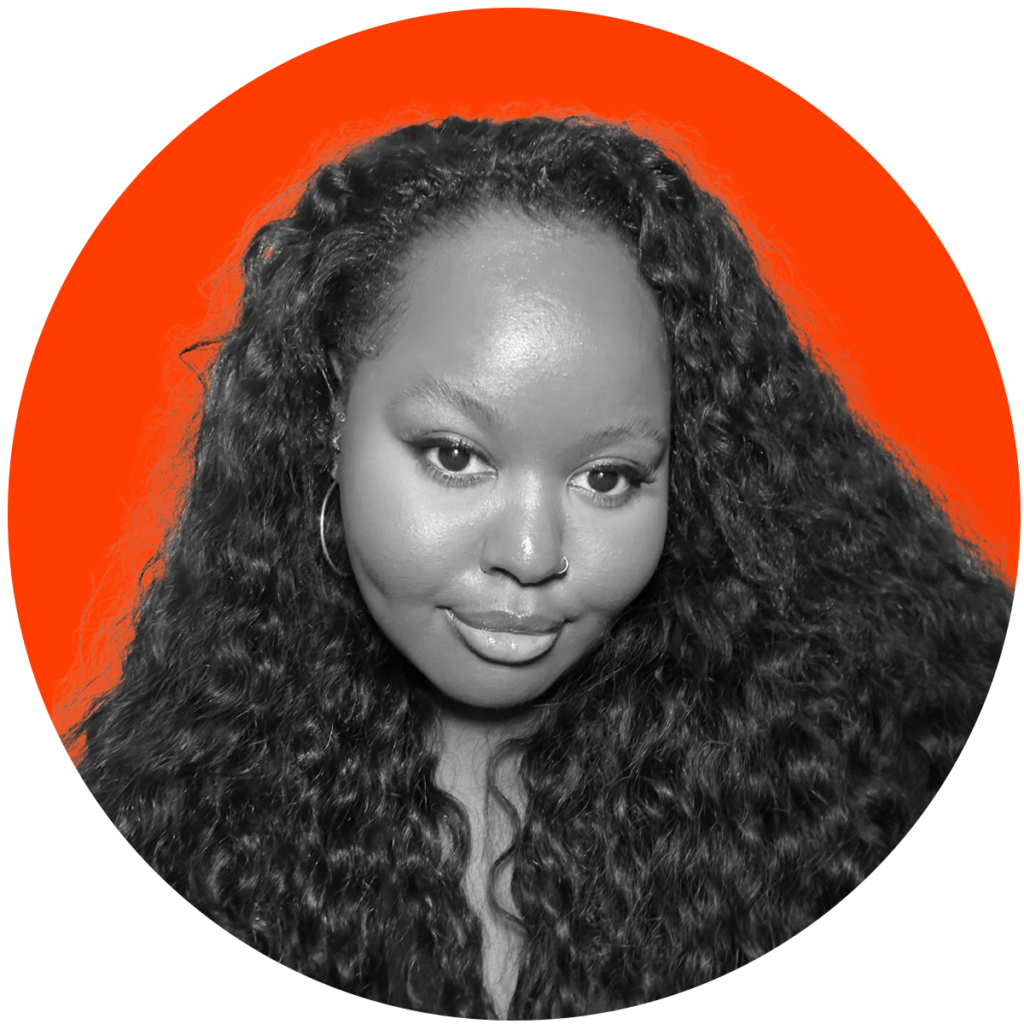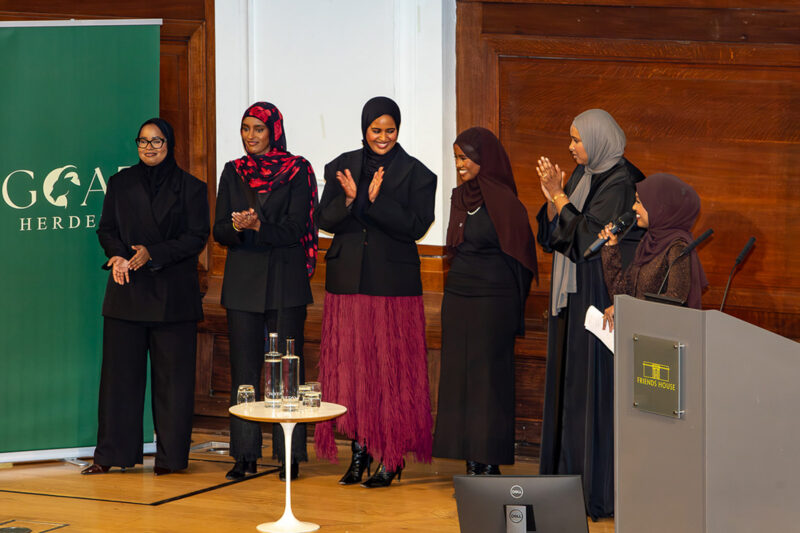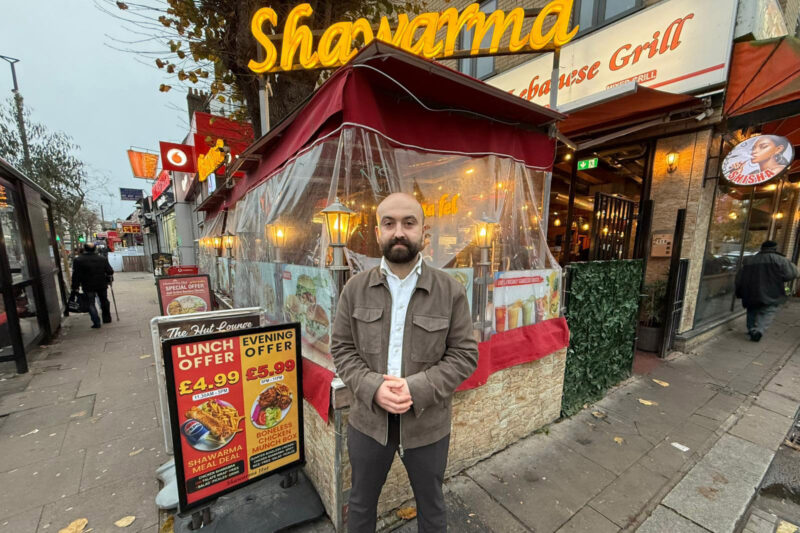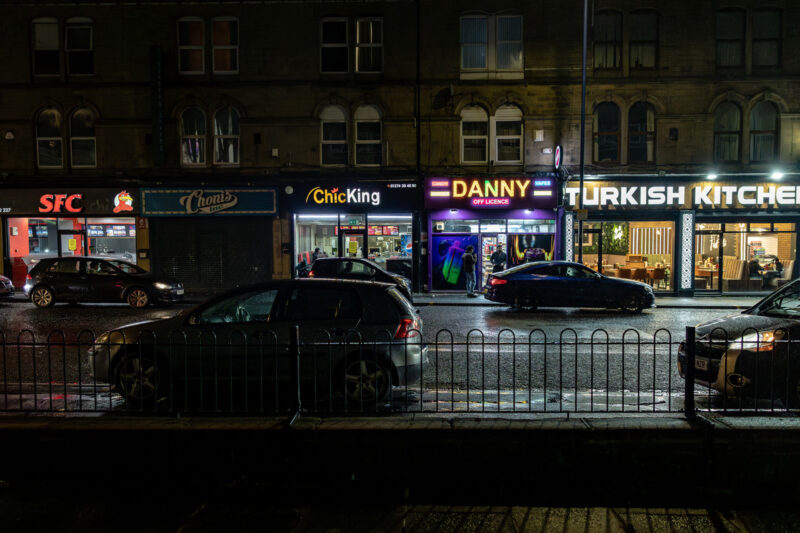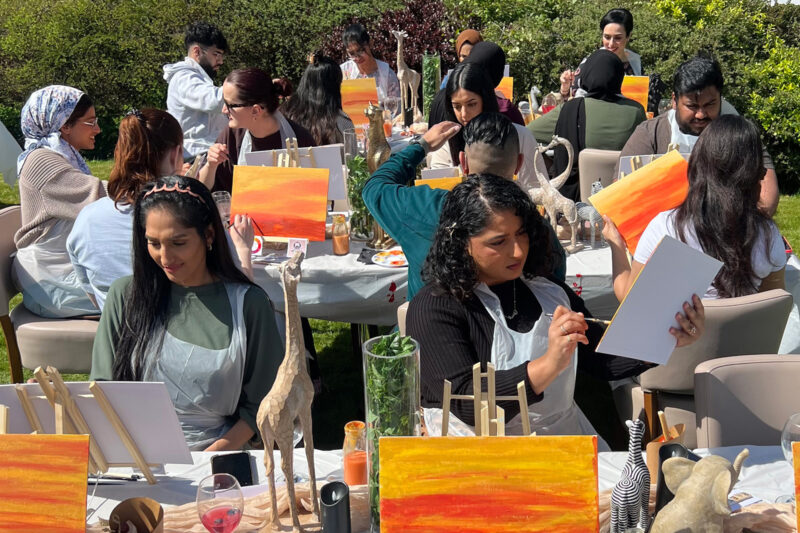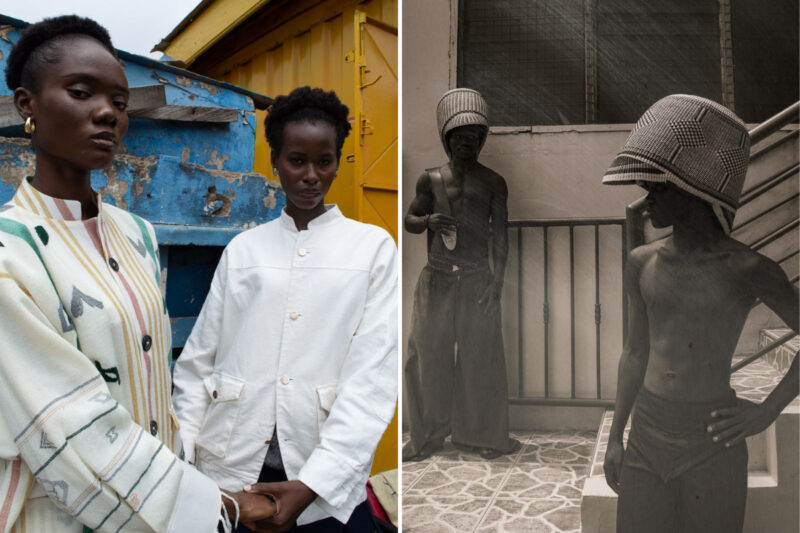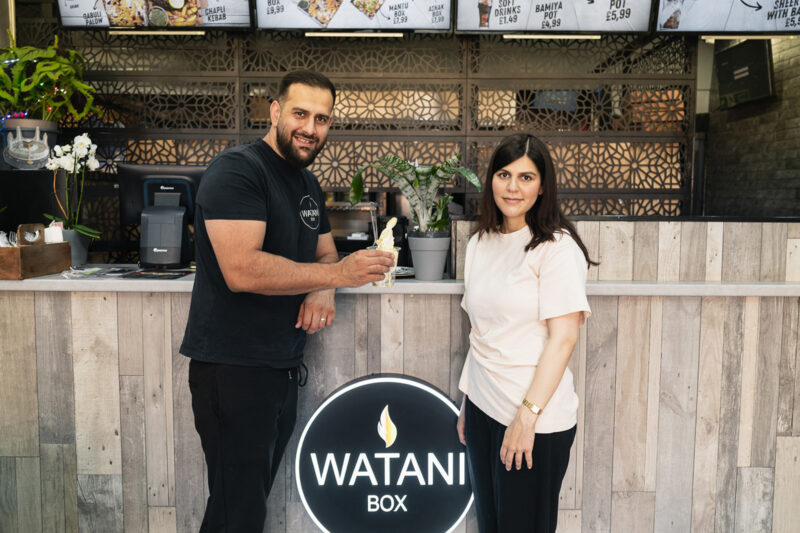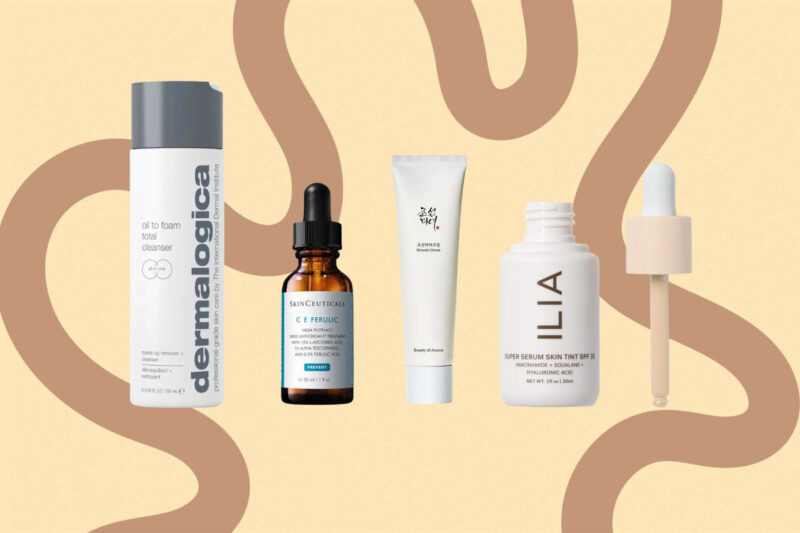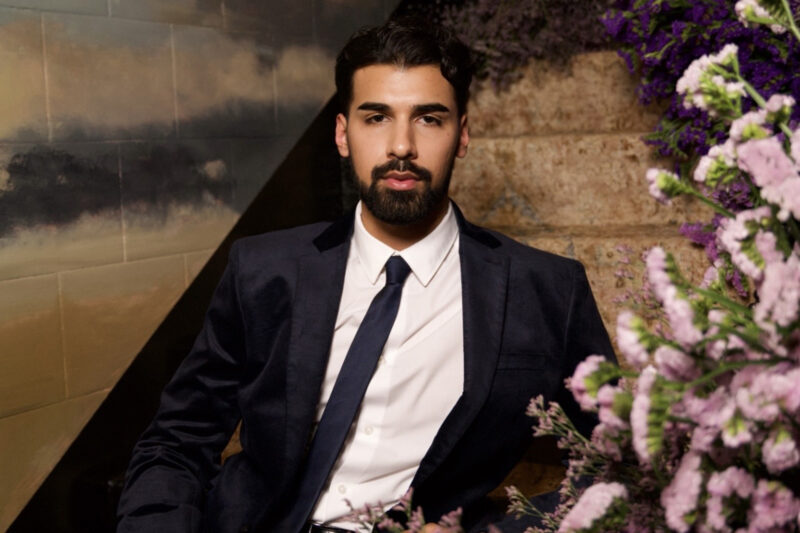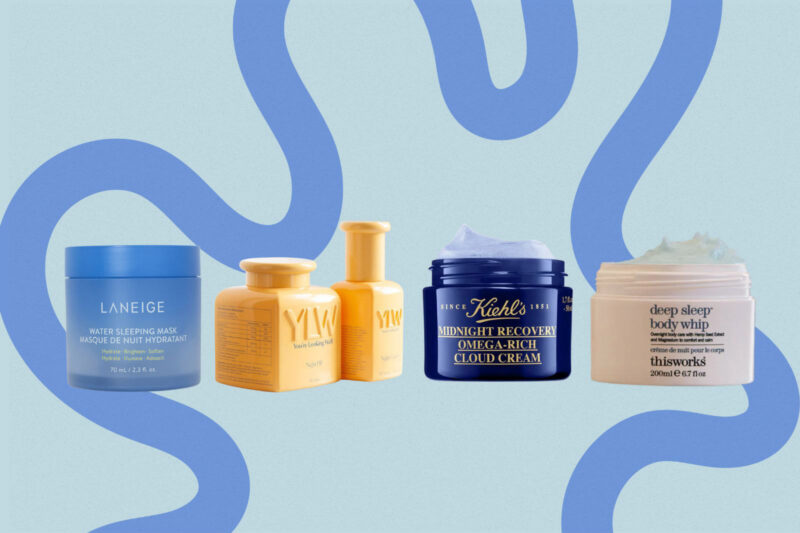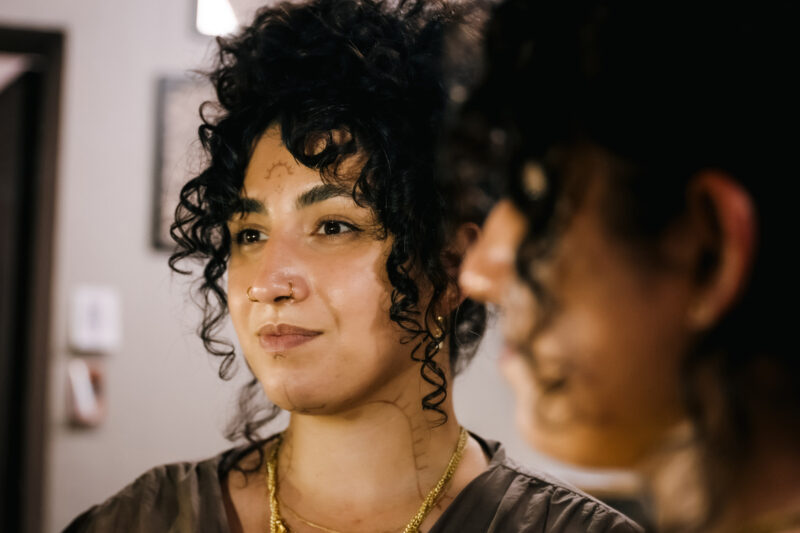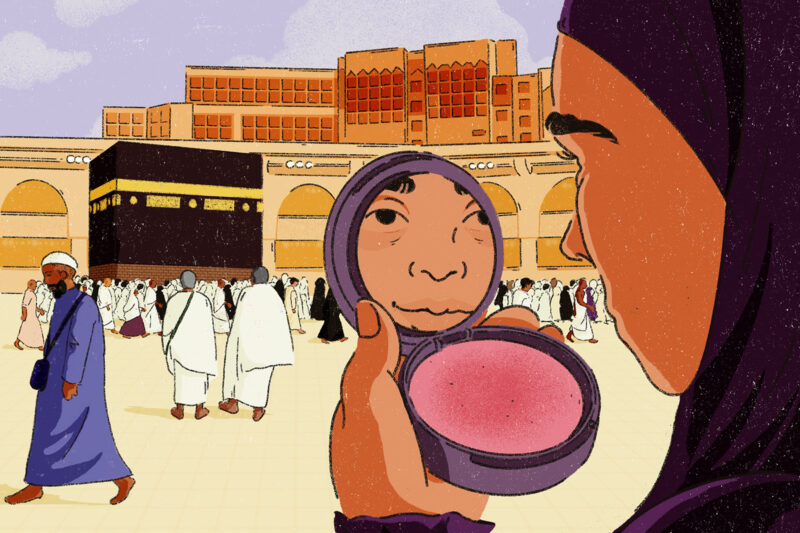Fragrance and family: inside an independent scent brand
Ar Rayaan Scents is part of a growing wave of Muslim-led oud-based perfumes in the UK
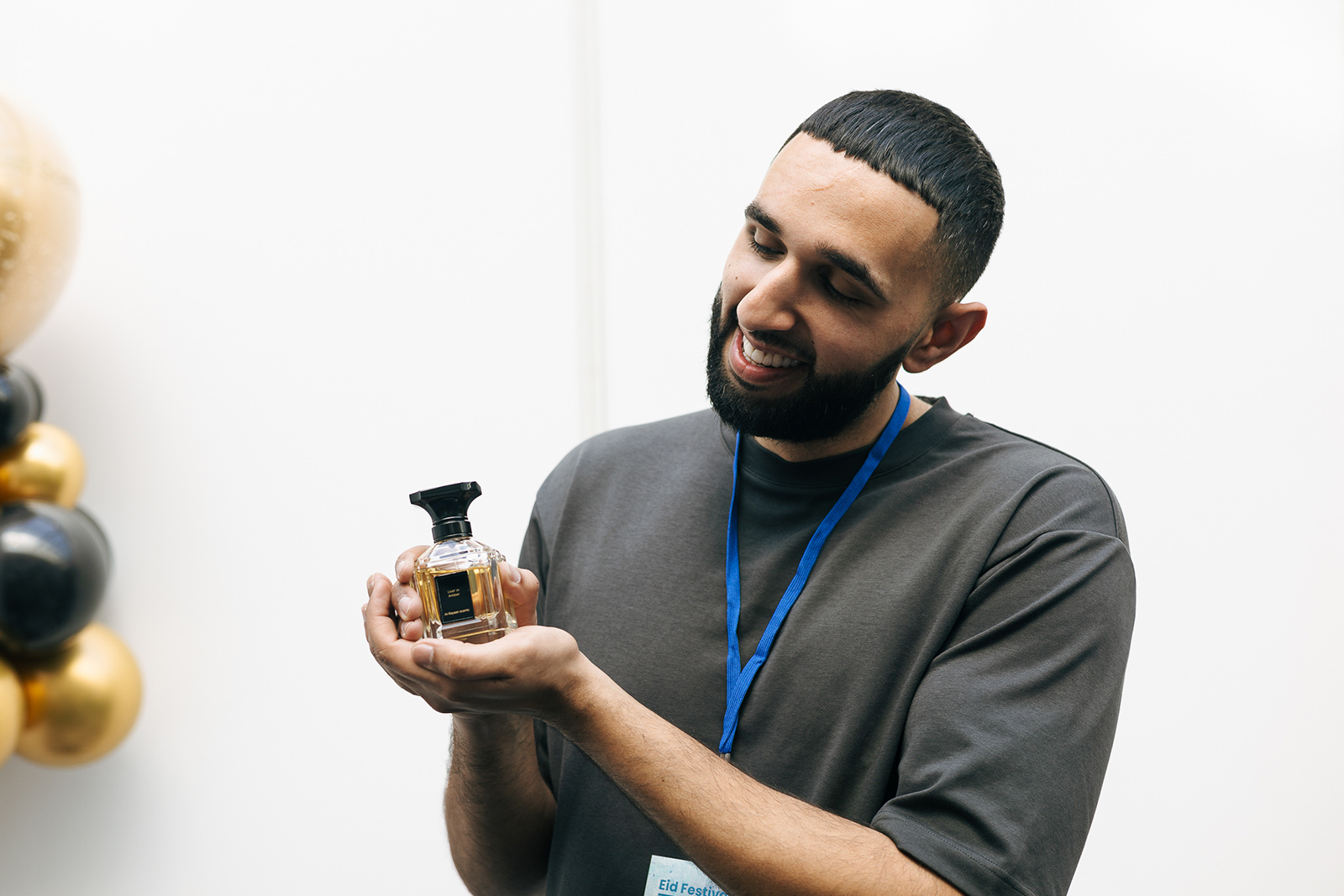
Riarn Mahmood never thought he’d find himself in a stranger’s office on a dusty back road in Kuwait. “I had no idea where I was,” he laughs.
Mahmood was searching for the perfect scent. His journey to the gulf nation would eventually lead to the creation of Mad’ouk — a blend of musk, wild rose and patchouli, with soft top notes of peach and fruit blossom.
By day, Mahmood works as a civil servant. In his spare time, he runs Ar Rayaan Scents — a small perfume business crafting unisex fragrances with rich oud notes.
Mad’ouk is one of Ar Rayaan’s best selling products. “I had a vision for it,” he tells me — something cooler and more herb-like than the traditional oud-heavy blends he grew up with. When a perfumer he had gone to see in Qatar didn’t share his vision, Mahmood booked a last-minute flight to Kuwait to meet another. “I was nervous but intrigued. I wanted to see what could happen next.”
The 28-year-old from east London launched Ar Rayaan — which comes from the Arabic word “rayaan”, meaning “luxuriant”, “plentiful” or “well-watered” — during the Covid pandemic in November 2020. “Around that time, you could only go on walks,” Mahmood recalls. “I was on one of my walks and someone was like: ‘You smell amazing, what are you wearing?’”
It was a layered mix of Madawi by Arabian Oud — a blend of orange blossom, natural patchouli and amber — and a Baccarat Rouge fragrance oil by Maison Francis Kurkdjian. Back home, staring at his shelves filled with half-used perfumes, candles and oils, Mahmood realised that he could create something of his own. “It just made sense. I decided I want to build a brand,” he says.
“I delved more into sitting with perfumers, doing a fragrance course online, and learning about perfumery and how it works.”
He has since balanced his full-time job working in the Department for Environment, Food & Rural Affairs with scent-making sessions that stretch for hours, and running weekend festival stalls that leave his legs aching and exhausted.
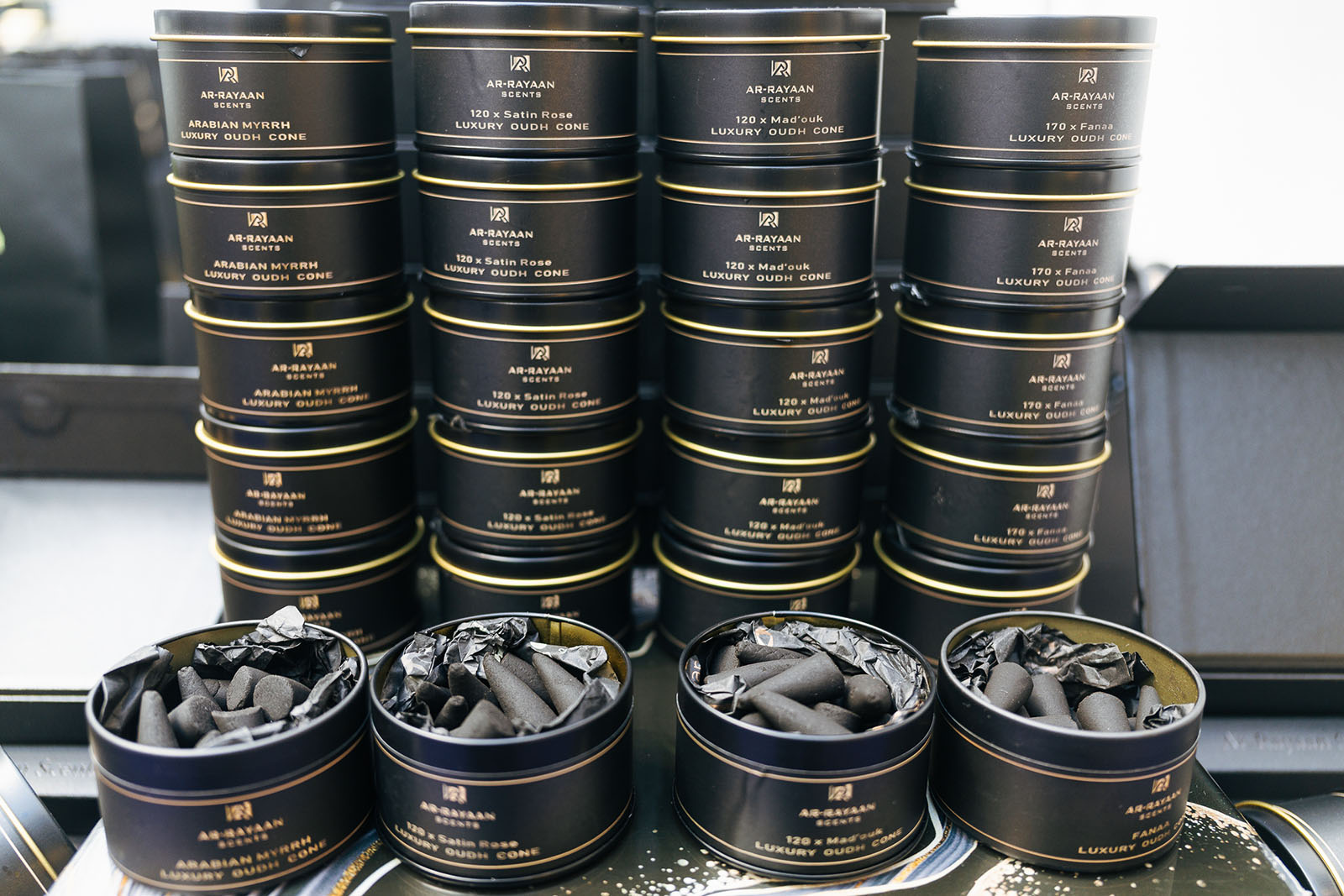
Mahmood’s company is part of a growing wave of Muslim-led independent oud-based fragrance brands in the UK. From Ar Rayaan to Abeer Oud and Mérait, markets such as the London Eid festival and Muslim shopping pop-ups have become key platforms for these sellers, offering a space for handmade scents outside of mainstream shops. It is estimated that around 300,000 people attended the London Eid festival over two weekends in April, with more than 200 exhibitors showcasing their products.
Oud, or agarwood, dates back many centuries and has its roots in India and East Asia. It has long been a symbol of luxury and has been used in spiritual practices by Hindus, Buddhists and Muslims. It forms when an aquilaria tree becomes infected with a specific type of mould, producing a dark, fragrant resin with a deep, smoky scent. Now, perfumers like Mahmood are putting a modern take on it by blending it with notes like citrus, vanilla and fruits to widen its appeal.
Mahmood and I meet at Westfield Stratford shopping centre for the Eid festival. He’s with his mother, who helps him set up at showcases like these. Around him, other Muslim-led businesses are offering everything from skincare to jewellery and fashion. His stall is neatly arranged — the glass bottles shimmering in pale green, pink, amber and blue, specifically chosen to represent each scent.
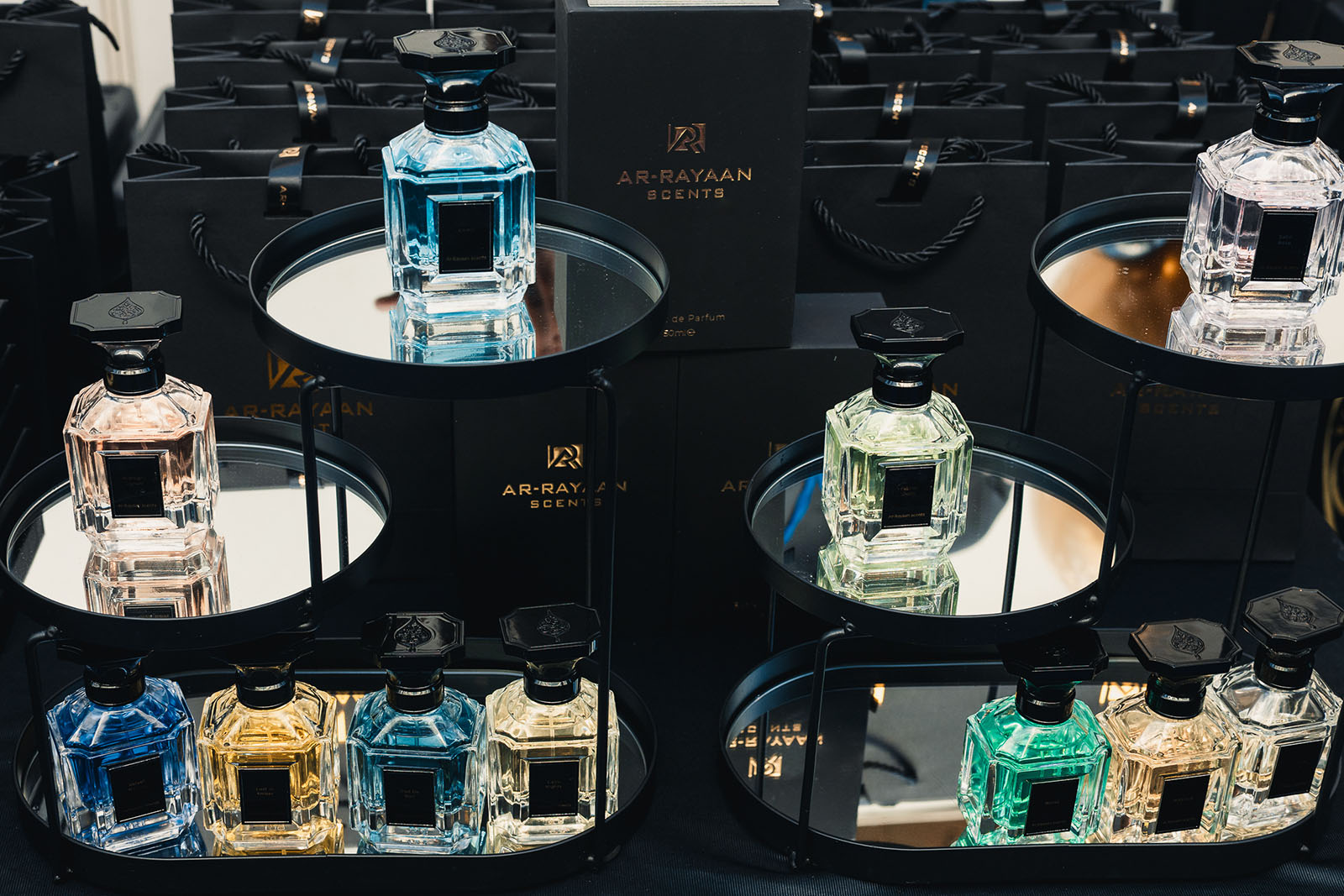
He hands me a tester strip of a bright, floral fragrance that opens with a citrusy burst of orange and lemon. “It’s fruity, sweet and fresh. It’s one of our top sellers to this day,” he says of Fakhiri Oudh, the first fragrance launched within just two months of that lockdown walk.
Fakhiri Oudh is part of Mahmood’s extrait de parfum collection — 50ml fragrances, retailing at £49.99. Beyond perfume sprays, Ar Rayaan’s range of 11 scents also includes fragrance oils, home sprays, oudh cones, beard oils and even car diffusers.
He develops ideas for new fragrances from festivals like these, where he can speak to potential customers about their likes and dislikes.
“We have a scent called Arabian Myrrh and it’s a very homely, sweet smell. Someone sampled it and got so emotional. I was like, what happened? Did I do something wrong?
“It turns out it had brought back memories of their late father. They set up a subscription with us and every three months, they purchase the same set. It’s those kinds of things that mean so much to me,” he says.
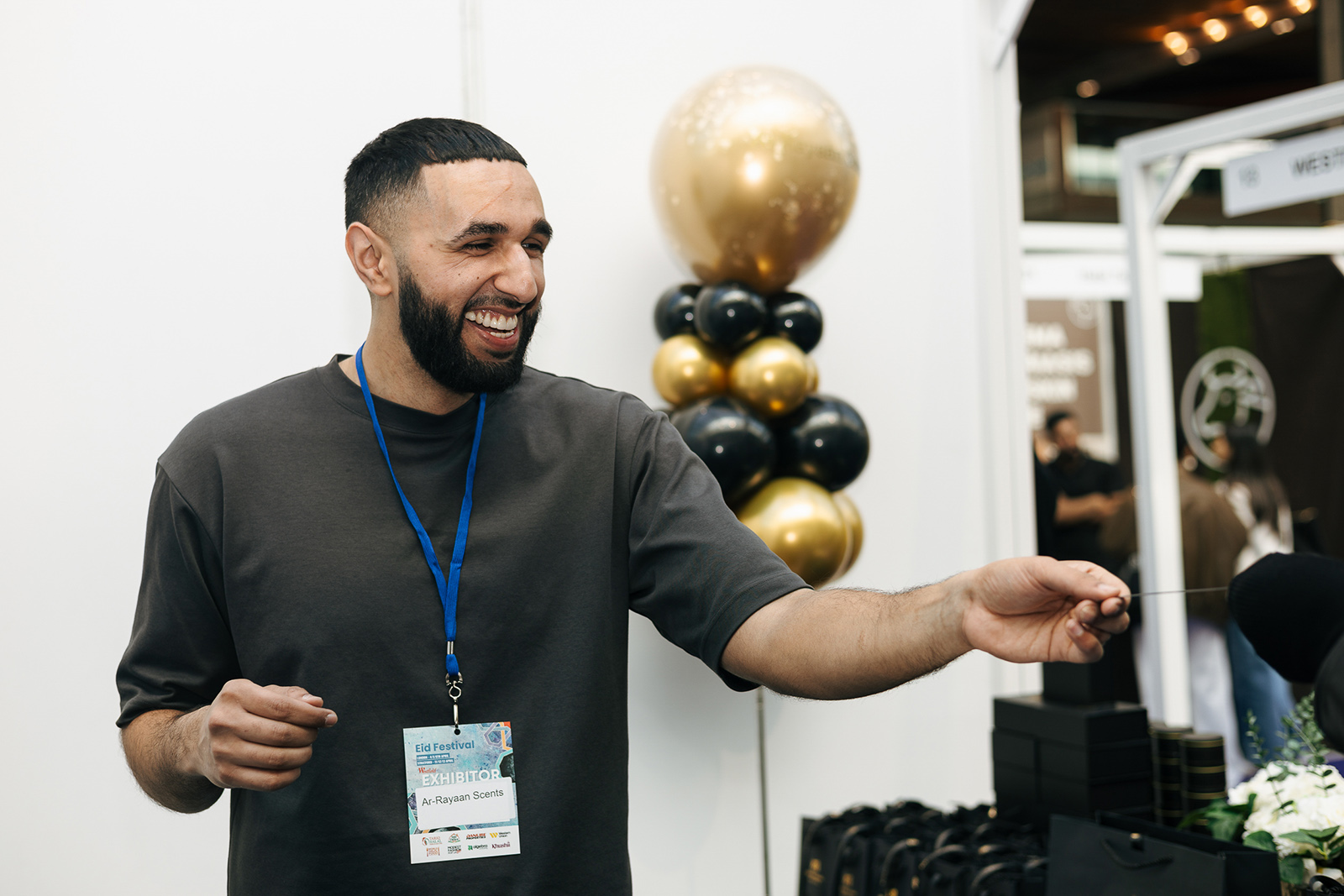
Perfume is more than a product for Mahmood — it’s connected to memory and Muslim identity. “It’s a culture that loves perfumes. On Friday, for example, you’re encouraged to wear perfume. You come out of the shower and you want to smell good. I always used to love roll-on perfumes when I was younger,” he says.
His next dream is to have a physical space to sell Ar Rayaan. “I want it to be like a bar, but for perfumes. I want a fragrance wall that has different raw materials — oud, rose, vanilla, musk — and I want people to be able to create their own scents,” he says.
Nearly five years after his quiet walk through east London, the sense of possibility it sparked still stays with him. “I feel like I’m selling a product that I’m genuinely proud of. It’s so humbling because I never saw this for myself.”
 Newsletter
Newsletter

